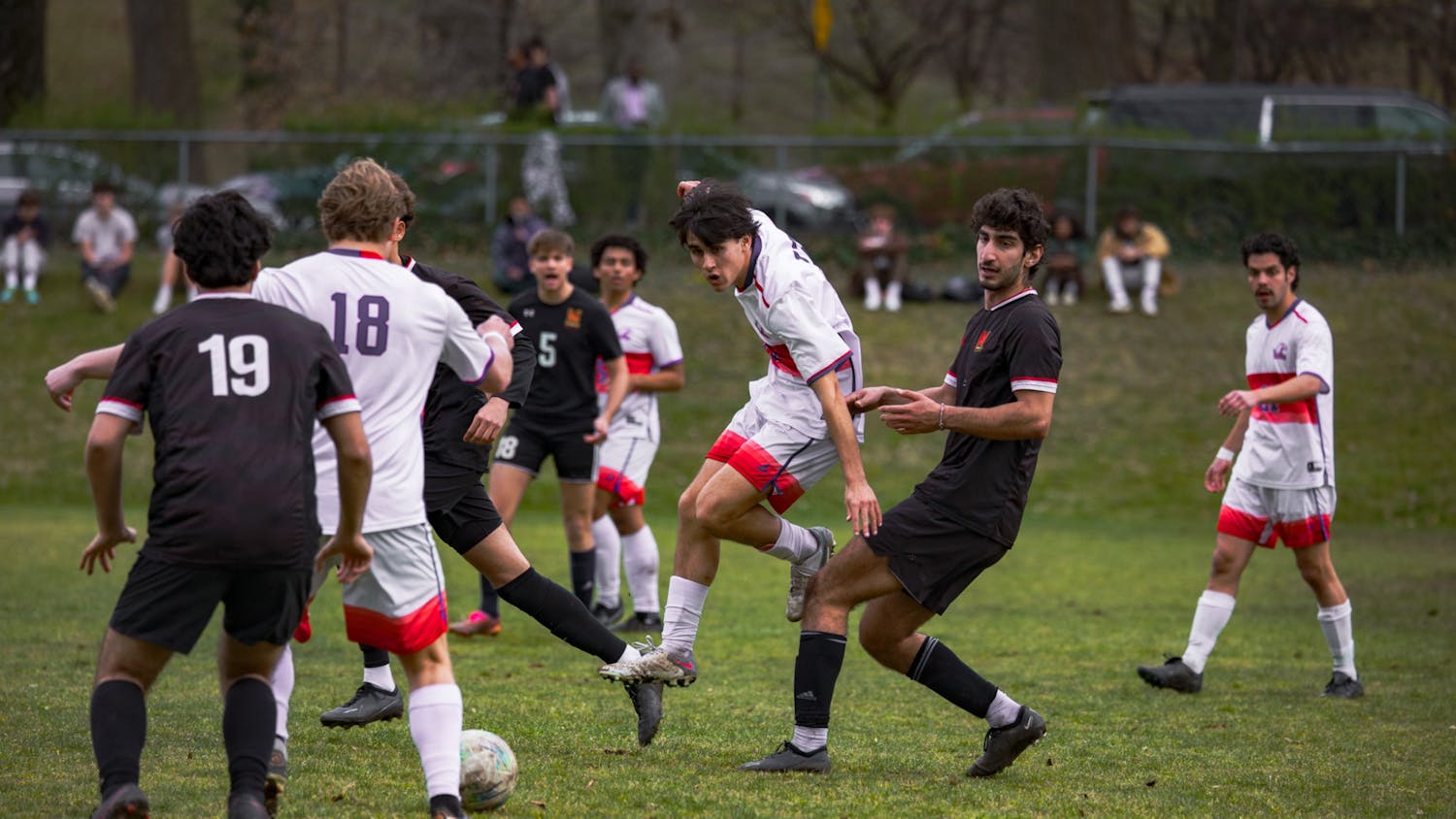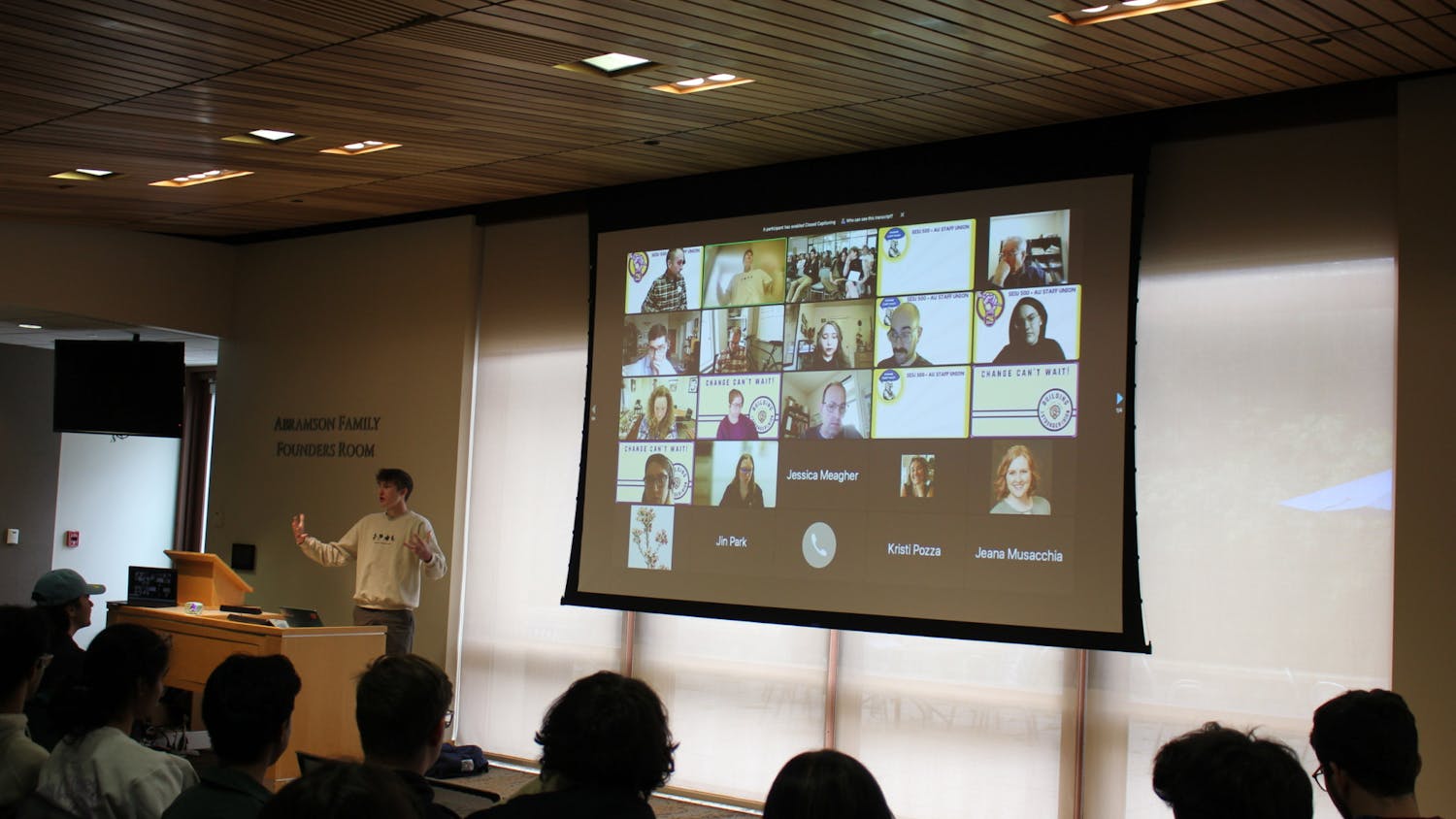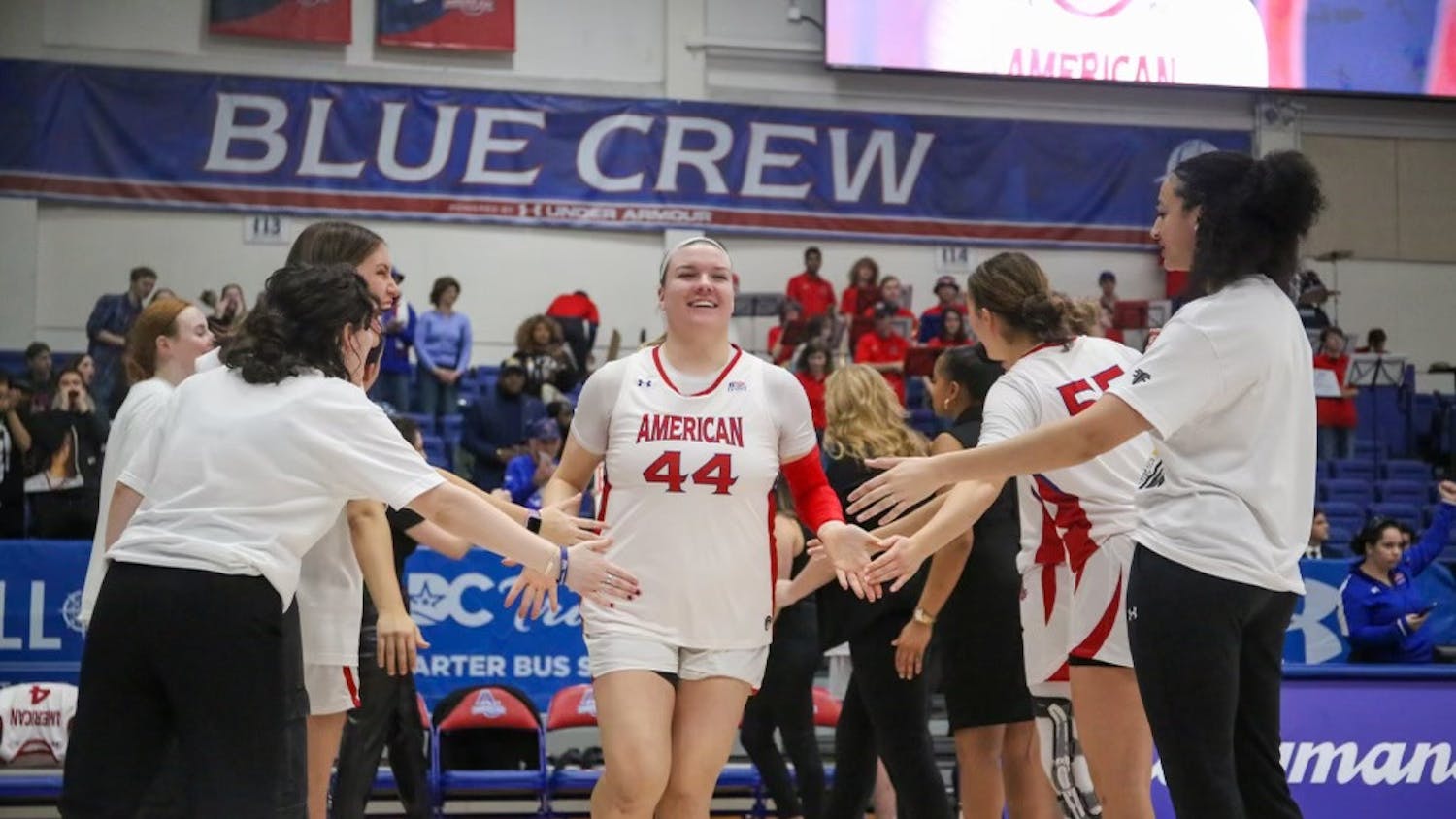Voting has always been considered one of the most valuable and important parts of the American system of government. Over history, we have consistently expanded the right to vote to more citizens who had their voices muffled. In modern times, however, there are two forces in particular working against the goal of having the highest possible voter participation. Nearly half of the states have restrictive voter ID laws that aim to combat a problem that doesn’t exist to the degree the laws would have you believe. In addition, voter registration has been stagnant and many groups, especially young people, simply don’t register anymore. With one of the most divisive elections in recent history coming in just about 100 days, America needs a voting kick.
With 33 states now requiring some form of identification to vote, it has never been more difficult to actually turn out to cast a ballot. In 22 states, some form of photo ID is required at the ballot box. Laws in these states were designed to combat voter fraud, but studies on the subject have found voter fraud in federal elections to be nearly nonexistent. Researcher Justin Levitt of the Loyola Law School, Los Angeles found in 2014 that out of the over one billion votes cast in general and primary elections between the years 2000 and 2014, there were just 31 “credible” instances of voter fraud. In the same time period, Levitt found that 3,000 people were turned away from the ballot box for a lack of ID. He ponders, “how many legitimate voters have already been turned away?”
Voter ID laws are now being questioned more and more, and opponents of the laws recently gained two victories in Wisconsin and Texas. Federal judges ruled that the laws attempt to address a problem that has not been thoroughly proven, and exerts undue hurdles to the right to vote for minorities, young Americans and the poor—all groups that are less likely to possess what these laws consider valid photo ID. Both rulings remove the absolute requirement for photo ID. However, these changes may not come in time to affect the ability of citizens without photo ID to vote in the presidential election, and there are still states with harsh photo ID laws that have been untouched by the courts.
If the laws will not be changed in time to allow the maximum number of people to vote without photo ID, then massive education campaigns and ID registration drives must sprout up across states that require them. It is an undue burden on many citizens to obtain photo ID, often requiring a registration fee or long lines to obtain one. If states are going to require these cards to participate in one of the most fundamental facets of our democratic system, then these states must step up to the plate and make it more efficient and easier for all citizens to obtain a photo ID. By refusing to aid citizens in acquiring proper ID, the states create a significant barrier to civic engagement.
However, civic engagement must not only be about registering for photo ID cards. A portion as high as 30 percent of the voting age population is not even registered to vote. Data from UC Santa Barbara shows that the percentage of registered voters that turn out on election day is significantly higher than the percentage of all voting age citizens--often over 70 percent of registered voters will cast votes. Once registered, citizens do participate. Programs like “get out the vote” have seen great success in registering young people and college students in particular, but we must ensure that everyone is being reached. Many states have convoluted and intense registration processes, with the one from my home state of New Jersey requiring a paper form rather than online registration.
Voting education campaigns can also take on the task of informing those who simply cannot find time to physically go to their polling place to register to vote by mail. This process is also often confusing. Online programs like TurboVote and VOTE.org aim to simplify this, but these resources are most available to the people who actually need them least. Civic engagement is not just about making sure your friends and family are registered, but also those who are in communities that don’t have access to proper Internet, libraries and other public services.
It is important to begin to think about voting and the problems associated with it in the US now rather than later, as registration deadlines will begin to creep closer and closer. You can find information on how to register to vote from the federal government, how to obtain an absentee ballot from VOTE.org and how to get involved in civic engagement programs from organizations like Rock the Vote.
Kris Schneider is a sophomore in the School of Communication and a columnist for The Eagle.
kschneider@theeagleonline.com





